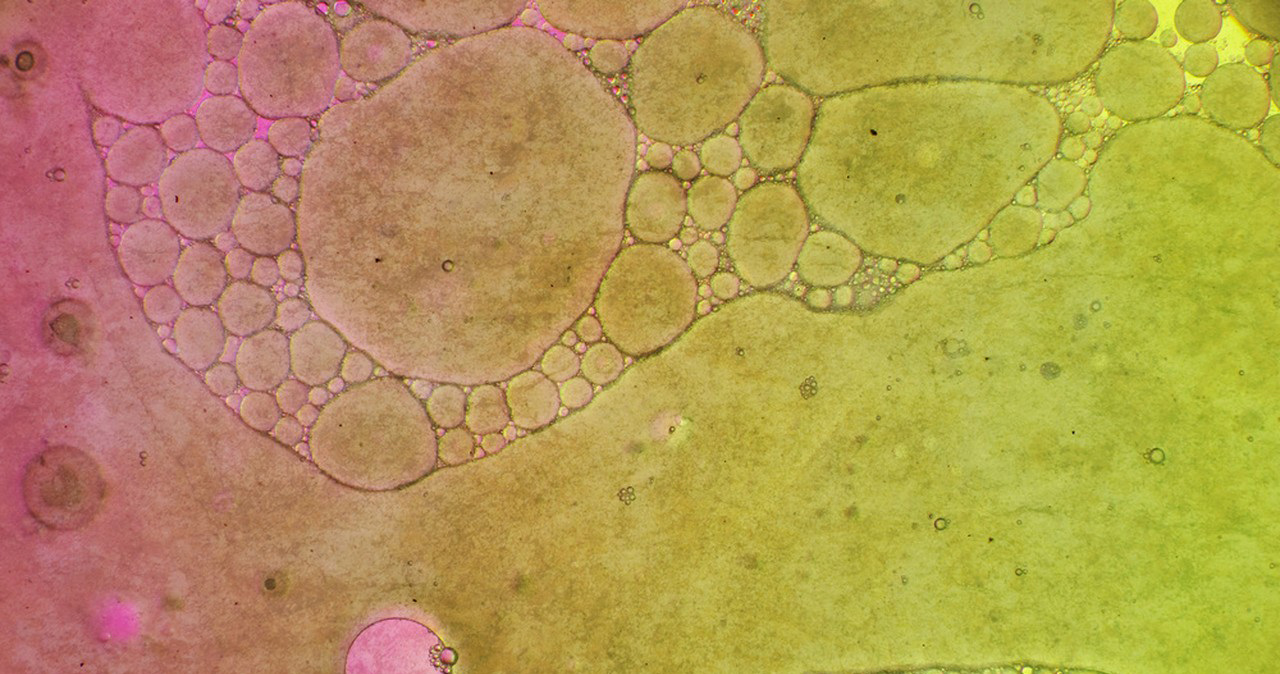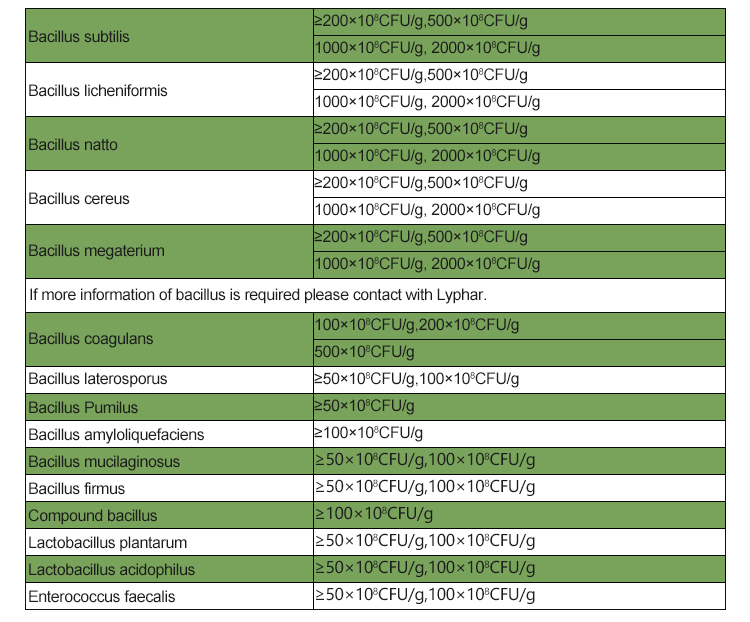Bacillus subtilis is a beneficial bacterium commonly used in agriculture, horticulture, and various industrial applications due to its ability to promote plant growth, enhance soil fertility, and provide disease resistance. Here are some general guidelines on how to use Bacillus subtilis for best results:
1.Selecting the Right Strain:
Different strains of Bacillus subtilis may have varying properties. Choose a strain that suits your specific needs, such as plant growth promotion or disease control.
2.Quality of the Product:
Ensure you are using a high-quality Bacillus subtilis product. Purchase from reputable suppliers to ensure the viability and effectiveness of the bacterial strain.
3.Application Methods:
Bacillus subtilis can be applied through various methods, including seed treatment, soil drench, foliar spray, or as a root dip. Choose the method that aligns with your specific goals and crops.
4.Timing of Application:
Apply Bacillus subtilis at the appropriate stage of plant development. Some formulations are best applied during seeding, transplanting, or early stages of plant growth.
5.Dosage:
Follow the recommended dosage provided by the product manufacturer. Overuse of Bacillus subtilis may not necessarily lead to better results and can be wasteful.

6.Compatibility with Other Inputs:
Check the compatibility of Bacillus subtilis with other agricultural inputs such as fertilizers and pesticides. Avoid mixing incompatible products to prevent a decrease in effectiveness.
7.Environmental Conditions:
Bacillus subtilis performs best under specific environmental conditions. Ensure that the temperature, humidity, and pH levels are suitable for the optimal growth and activity of the bacteria.
8.Soil Conditions:
Improve soil structure and fertility to enhance the performance of Bacillus subtilis. Healthy soils with good organic matter content are generally more conducive to the growth and activity of beneficial bacteria.
9.Monitor Results:
Regularly monitor your crops for signs of improvement or any adverse effects. Adjust the application rate or frequency based on the observed results.
10.Storage Conditions:
Store Bacillus subtilis products as per the manufacturer’s recommendations. Proper storage ensures the viability of the bacteria until the time of application.
11.Follow Safety Guidelines:
Adhere to safety guidelines provided by the product manufacturer. This includes wearing protective equipment during handling and application.
Always refer to the specific product label and guidelines provided by the manufacturer for detailed instructions on the application of Bacillus subtilis in your specific context.
Potential benefits of Bacillus subtilis
Bacillus subtilis is a Gram-positive, rod-shaped bacterium that has been studied for its various potential benefits in different fields. Here are some of the potential benefits associated with Bacillus subtilis:
1.Probiotic Properties:
Bacillus subtilis is known to be a probiotic, meaning it can confer health benefits when consumed in adequate amounts. It can contribute to the balance of the gut microbiota, promoting digestive health.
2.Digestive Health:
Bacillus subtilis produces enzymes that can help break down complex carbohydrates and proteins, aiding in the digestion process. This can potentially alleviate digestive issues and improve nutrient absorption.
3.Immune System Support:
Some studies suggest that Bacillus subtilis may stimulate the immune system, helping the body defend against pathogens. This can contribute to overall immune system health.
4.Antimicrobial Properties:
Bacillus subtilis produces antimicrobial substances that inhibit the growth of certain pathogenic bacteria and fungi. This antimicrobial activity can be beneficial for preventing infections.
5.Biopesticide and Agriculture:
Bacillus subtilis is used as a biopesticide in agriculture. It can act as a natural and eco-friendly alternative to chemical pesticides, helping control plant diseases caused by various pathogens.

6.Industrial Applications:
Bacillus subtilis is employed in various industrial processes. It is used in the production of enzymes, antibiotics, and other bioactive compounds. The bacterium’s ability to secrete proteins makes it valuable for industrial protein production.
7.Bioremediation:
Some strains of Bacillus subtilis have been studied for their potential in bioremediation, helping to clean up environmental pollutants. They can break down and metabolize certain contaminants.
8.Food Production:
Bacillus subtilis is used in the fermentation of certain foods, contributing to the development of specific flavors and textures. It is a common component in the production of traditional fermented foods.
9.Vitamin Production:
Bacillus subtilis has the ability to produce certain vitamins, such as B vitamins. This can be beneficial in food production and supplementation.
10.Biological Control in Agriculture:
Bacillus subtilis is known for its ability to colonize plant roots and form a protective barrier against pathogenic microorganisms. This makes it a potential biological control agent for enhancing plant health.
It’s important to note that the specific benefits can vary depending on the strain of Bacillus subtilis and the context in which it is used. Additionally, individual responses to probiotics can vary, and it’s always recommended to consult with a healthcare professional before using them as supplements.
